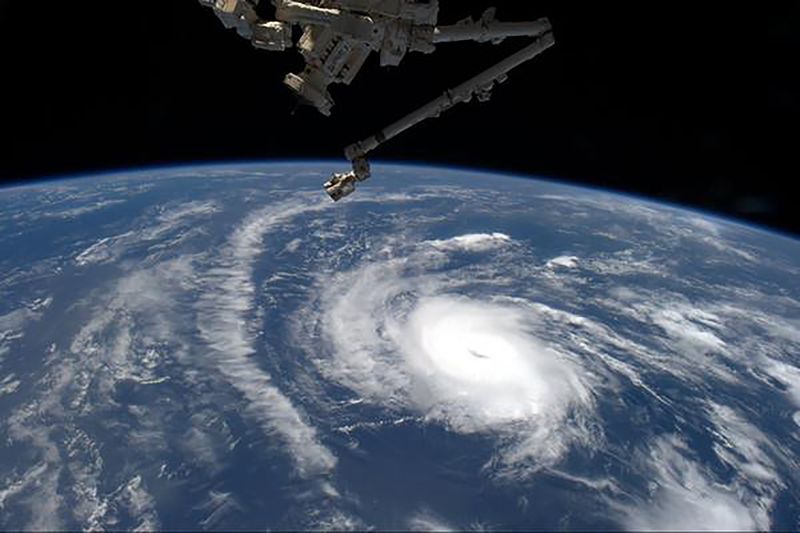Hurricane Storm Beryl is forecast to intensify as it approaches the south Texas coast, posing threats of damaging winds, life-threatening storm surge, and dangerous flooding. The storm is anticipated to be the first to make landfall in the US for the 2024 Atlantic season.
Earlier in the week, Beryl escalated into a Category 5 hurricane, the earliest on record in the Atlantic, causing at least nine fatalities across the Caribbean. The casualties included two in Jamaica, three in Venezuela, three in Grenada, and one in Saint Vincent and the Grenadines.
As of Saturday morning, Beryl, downgraded to a tropical storm, was situated approximately 545 miles from Corpus Christi, Texas, after inflicting significant wind, rain, and storm surge impacts on Mexico's Yucatan Peninsula and several Caribbean islands.
Forecasts predict Beryl will regain strength on Sunday before its projected landfall in South Texas.
The National Weather Service has issued hurricane and storm surge watches for parts of the Texas coast as of Friday night. A hurricane watch extends from the mouth of the Rio Grande to San Luis Pass, while a storm surge watch is in effect from the Rio Grande to High Island, including coastal Harris County.
Furthermore, a hurricane watch has been declared for the northeastern coast of Mexico, from Barra el Mezquital to the mouth of the Rio Grande.
The National Hurricane Center expects Beryl to reach the vicinity of Corpus Christi as a Category 1 hurricane around midday Monday. Texas Lt. Gov. Dan Patrick has indicated that the state could begin experiencing Beryl's effects from Sunday into Monday.
He expressed the state's hope for a less severe impact, stating, "We pray and we hope for nothing more of a rain event, but even a rain event may be very heavy. We prepare at the state for the worst-case scenario."
